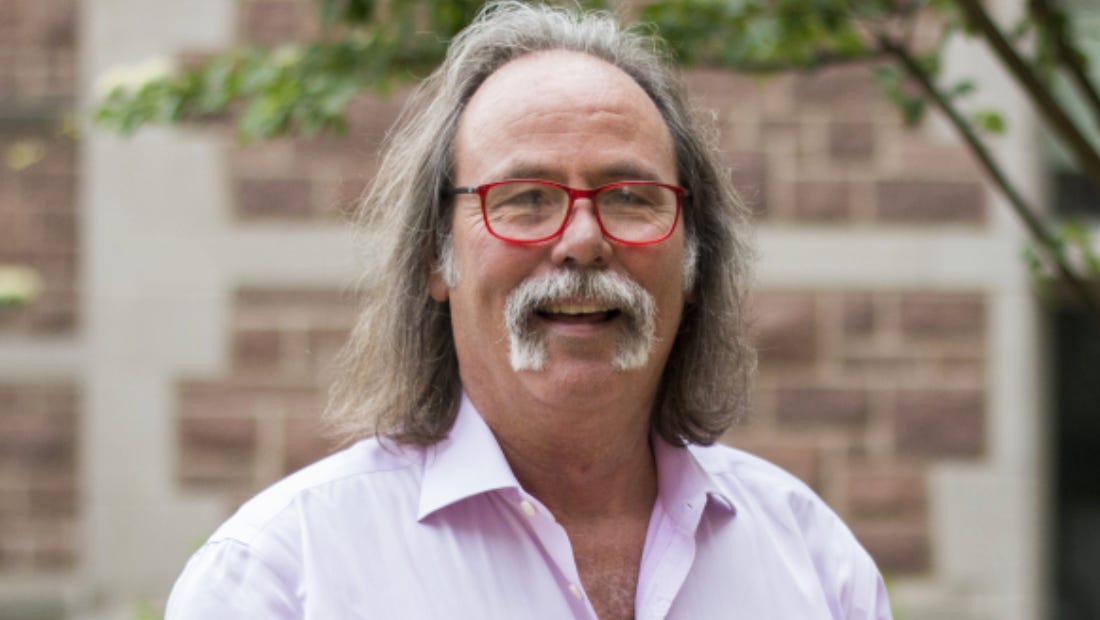New study reveals unprecedented decline in trust for Supreme Court
The Dobbs decision has been the major cause for why American public has lost faith
(James Gibson, a professor of government at Washington University in St. Louis, was behind the study)
Public faith in federal and state institutions has declined for decades. While confidence in Congress has been at an all-time low for a while, more Americans trusted the Supreme Court during that time.
That was until the recent decision eliminating abortion rights. According to a new poll, nearly 19 percent of Americans who had trusted the Supreme Court now don’t think it’s legitimate.
James Gibson, a professor of government at Washington University in St. Louis, conducted the study. The negative reaction to Dobbs was unprecedented.
“It fell off the cliff after Dobbs. And we've never seen that before,” Gibson said.
The presidency is the most trusted institution, while the Supreme Court is second with public confidence and Congress is the least supported.
In discussing the court’s history, Gibson said that conservatives in the South had little faith in the Supreme Court during the Earl Warren years because of its liberal tendencies and desegregation orders.
The court’s rightward shift has undermined public confidence. Prior to Ruth Bader Ginsburg’s death, it was believed the institution was impartial and balanced.
Criticism from leading figures like President Joe Biden changed the public perception of the Supreme Court.
“That told people that the court is very much like any other political institution,” Gibson said.
The midterms were in part a referendum on the abortion decision. While Roe was generally popular among Democrats, it was also backed by many on the other side of the aisle.
“A surprising number of Republicans support abortion rights,” Gibson said.
Insofar as structural changes, Gibson believes that we will have to get through the next presidential election before determining whether it will take place. He doesn’t think that politicians will change the limits of the term from the current lifelong one in place. Other changes, like expanding the number of judges, could happen. An ethics code might come too.
“If the court reads my work, it would know that it's on precarious terms, and it ought not to move further to the right,” Gibson said.




